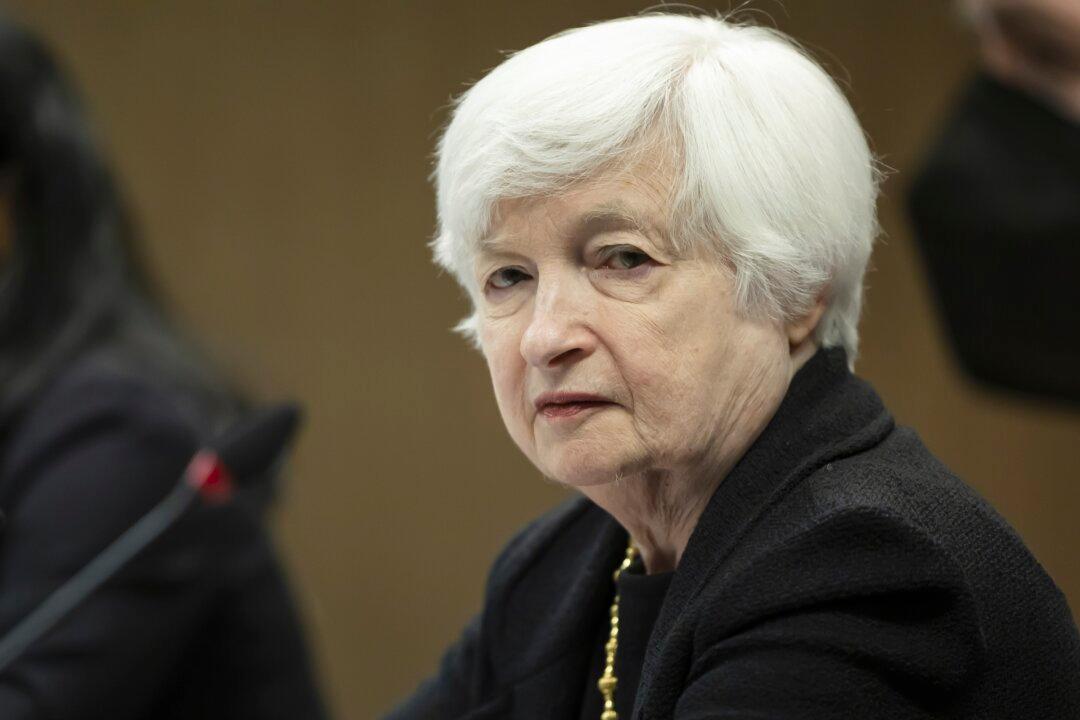Commentary
Well, she said it. No legislation, no vote, no court decision, and not even an executive order. It was only one announcement from a lifetime bureaucrat. But it changes everything.

Well, she said it. No legislation, no vote, no court decision, and not even an executive order. It was only one announcement from a lifetime bureaucrat. But it changes everything.